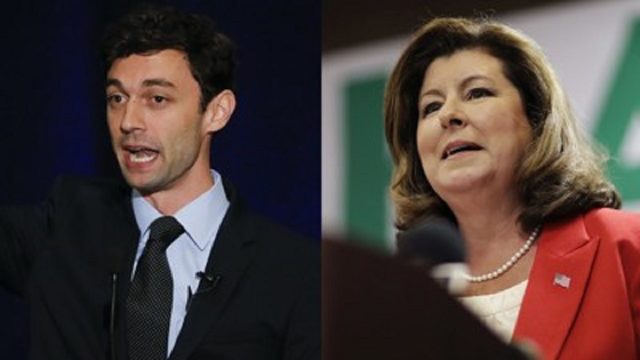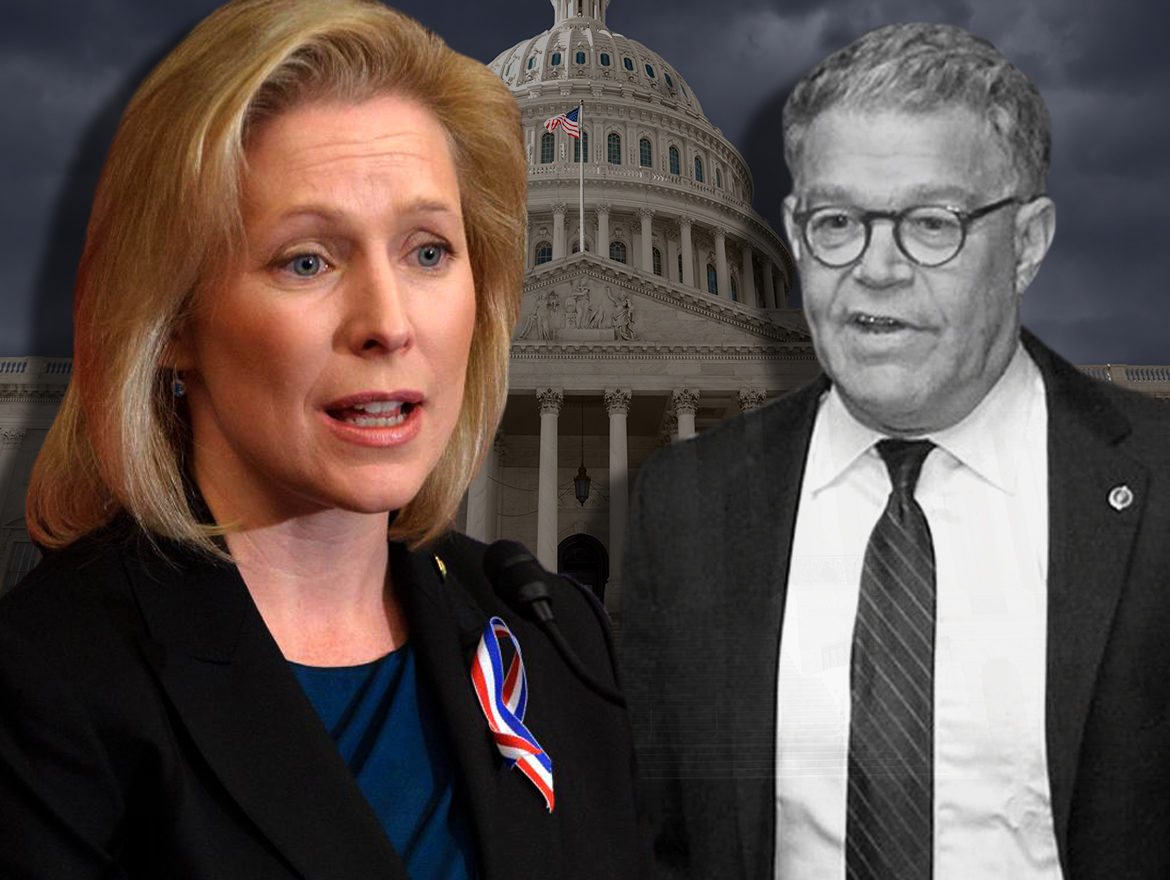The outsized attention being paid to a few special elections means an early opportunity for the politically active to create favorable momentum going into the 2018 midterms. Consequently, it also means the return of the perennially favorite election narrative: “shady, out-of-state money is drowning out local voters!” That’s the overarching message of an article from the Center for Public Integrity (CPI) about the special election in Georgia’s Sixth Congressional District:
Through Sunday, super PACs, nonprofits and other groups independent of any candidate’s campaign have spent $9 million on the Georgia 6th race.
Just one of these outside groups spending money to influence the Georgia 6th election – Athens, Georgia-based Better Georgia Inc. – is headquartered within state lines. Better Georgia Inc.’s $1,070 in spending, all to support Democratic front-runner Jon Ossoff, accounts for less than one one-thousandth of overall non-candidate spending.
Said another way: When the candidates’ own campaign money is excluded, the Georgia 6th special election has attracted about one Georgia penny for every $10 in national cash, according to a Center for Public Integrity analysis of federal campaign finance disclosures.
CPI’s article notes that about 65% of non-candidate spending in the race has opposed Ossoff, but he has not been immune from the allure of out-of-state money either:
About $4 out of every $5 dollars Ossoff’s own campaign has raised from big-dollar donors – those giving more than $200 – come from outside of Georgia, according to a Center for Public Integrity analysis of federal campaign finance records. That’s a sign of the high stakes the race has for Democrats nationwide who are eager for a win.
The simple question here is: so what?
Those quoted in the article lament the fact that out-of-state spending means that national groups might have an influence on the decisions of local voters. But voters still ultimately choose their preferred candidate, and there is no reason why citizens having their mind changed by someone in Georgia versus someone in a different state matters – especially since out-of-state money is supporting multiple political viewpoints in this race.
Indeed, out-of-state donors each have their own reasons for participating – and many may see themselves as bolstering local politics, not infringing upon it:
William Pearce, a California professor who gave Ossoff $240, said he’s hoping his contribution helps counteract megadonors who give outside groups seven-figure checks. [He might be surprised to hear that CPI considers him a “big-dollar donor,” since he gave over $200.]
“I wish all politics were truly local, where local money would go to local elections, but that’s just not the system that campaign finance laws have given us,” Pearce said.
It is a great thing that Pearce is advocating for a candidate he believes in, undeterred by the fact that there are others who choose to contribute more money to candidates he may oppose. His monetary support is meaningful and impactful by helping Ossoff’s campaign spread its message and pay for the myriad costs of running a campaign, regardless of how it compares to that of other candidates or causes. The fact that the donation comes from California rather than Georgia does not detract from its value or legitimacy.
What Pearce gets wrong, however, is that a congressional election is not “local.” It determines the occupant of a seat in Congress. Whomever ultimately prevails will have a vote on public policy matters affecting the entire country, not just the Sixth Congressional District. That’s not a consequence of our campaign finance laws; that’s the way the United States government has always functioned.
With that in mind, why shouldn’t Pearce or other Americans have the opportunity to persuade local Georgians? Nobody ultimately forces Georgians to vote a certain way, or even vote at all. Nor does anyone force residents of the Sixth Congressional District to watch or listen to specific ads. As a previously-quoted passage from the article noted, the level of donations shows that this is a “high stakes” race for Democrats nationwide, who want to grow their footprint in the federal government and deliver a stinging rebuke to President Trump. It makes total sense that there would be notable out-of-state spending in a race with such national significance. The fact that the media has focused so much on this race might even make it more difficult for ad buys to have an impact, given the importance of “earned media.”
A revealing moment in the CPI article is when it quotes one of the Republican candidates, Keith Grawert, who complained that the negative ads being run in the state are “‘not value-added stuff’” and “distract from the problems of the people in his district.” This is typical of the mindset of politicians who think they have the right to determine which political speech is or is not legitimate. They might prefer a system where less money can be spent and candidates receive less criticism; after all, the previous occupant of Georgia’s Sixth Congressional seat, former Congressman Tom Price, consistently faced “negligible spending by outside groups,” which allowed him to easily win re-election for over a decade. But facilitating an elected official’s continued re-election is not necessarily in the best interest of voters.
Indeed, for undecided or persuadable voters, independent spending can be quite helpful:
Cobb County, Georgia, resident Amber Harris said she saw pro-Ossoff campaign advertisements on TV and decided to vote for him.
“I usually vote Republican, but I think they are turning a blind eye to what Trump is doing. I’m angry and I know a lot of other women feel the same way,” said Harris, who said her vote is motivated by her strong opposition of Trump, not necessarily her support for Ossoff. “I see a lot of Ossoff yard signs on lawns of people I know usually vote Republican.”
This is how the system is supposed to work. A voter was willing to change her normal political preferences in order to make a statement about the President, and advertising motivated her decision. Does it matter where the money that funded the ads came from? Is it really wise to give politicians the final say in what speech for or against them is allowed?
Out-of-state donations are frequently used as an attack line by politicians against their opponents, or by campaign finance restrictionists who want ever-more government regulation of political participation by advocacy organizations. But Americans should acknowledge that out-of-state spending is no vice in and of itself. Rather, it reflects a basic fact that elections have consequences for people around the country, and those citizens have a stake in their outcomes worth speaking out about.














